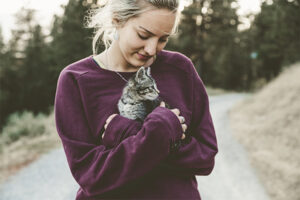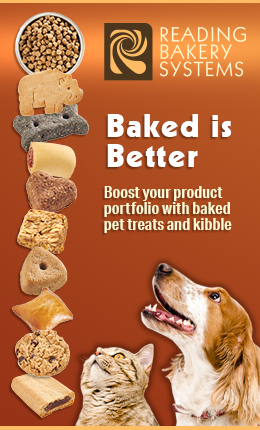Technologies have marked a before and after in our society. Consumption habits and lifestyles drastically changed and we can see this in what today characterizes each generation. The reality is that new generations adapt more easily to technologies and, as a consequence, create new ways of using them. Each generation is born in different contexts, so it is normal that today each one has its name: millennials, generation z, baby boomer, etc.
The importance of classifying the generations is that each generation defines a type of customer. Customers want certain products according to psycho-sociological, generational and historical variables. Therefore, the objective of companies is to satisfy those demands with products that adapt to different niches.
The Millennials
We are particularly interested in the so-called Millennials, that is, all those people born from the 80s, who are characterized by being a digital generation, hyperconnected and with high social and ethical values. They are the generation most committed to their pets, and the one that currently invests the most in them: beauty products, accessories, daycare and veterinary services, and also in food.
It is essential to take into account Millennials because today they are young adults who lead trends in the market and, logically, they are followed by other generations. There are many specific niches and that allows the market to launch more and more new, better and specialized products for these generations. Among them, the moist ones with super premium meats and differentials.
Millennials seek to give their pet the best, especially when it comes to food. Research indicates that 86% of Millennials prefer a natural meal, with organic and healthy ingredients.
Because they care that their pets eat healthy things, they look at where they come from, that is, the processes of the product developers. Hence, they look for sustainable companies committed to the customer, the environment and society.
The perception of the Millennials
What distinguishes Millennials is that they favored the humanization of pets. These consumers consider that their pets are part of their family and demand the same values for themselves. They look for products that not only satisfy nutritional needs, but also find individualization, comfort and quality in them.
The reason behind pet ownership is that most Millennials see them as an experience that will prepare them to be parents in the future. Three-quarters of Millennials have cats or dogs, and in many cases more than one. Market research shows that 82% of Millennials who have pets prefer to have a pet before becoming parents because it "prepares you for the next step."
This changes the perception that people have of animals and also the possibilities that companies can give customers. New, more sophisticated and complex products are appearing on the market, such as wet foods. They are looking for fresh, natural products, similar to the products that a human would like, such as pate.
Annually $ 70 billion is spent in the pet (care and food) industry. In the USA 66% of households have one pet or more. This is a direct consequence of this new generation that is willing to spend large sums of money to give the best to their pets, causing the global growth of the industry.

Baby Boomers
For its part, the Baby Boomers generation is also important when thinking about market trends. They are all those people born between 1946 and 1964, after the birth rate exploded at the end of the Second World War.
In the last decade, it became the group with the most pets. In just ten years, the percentage grew by 27 to 32% in dogs and cats. In particular, the dog was chosen as a companion throughout these years. And, in general, this generation is prone to adopting puppies once their dogs die. That is, they continue to be pet owners.
Currently, all types of customers must be taken into account to understand what products need to be developed for the context in which we live. The consumption habits and lifestyles of generations have an impact on everything: type of product, packaging, formulas, differential ingredients, product claims, marketing and trends, sales channels and logistics.

By: WMG
You could be interested: Greenwashing in pet food: what it is and how to avoid it





































